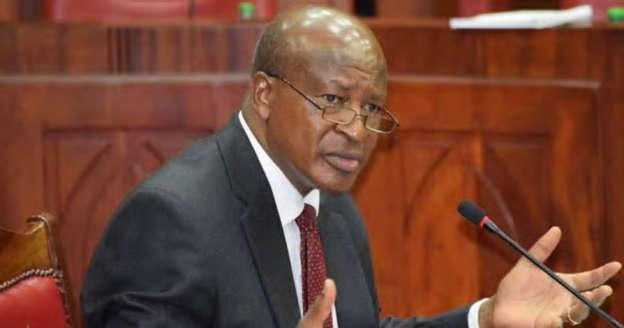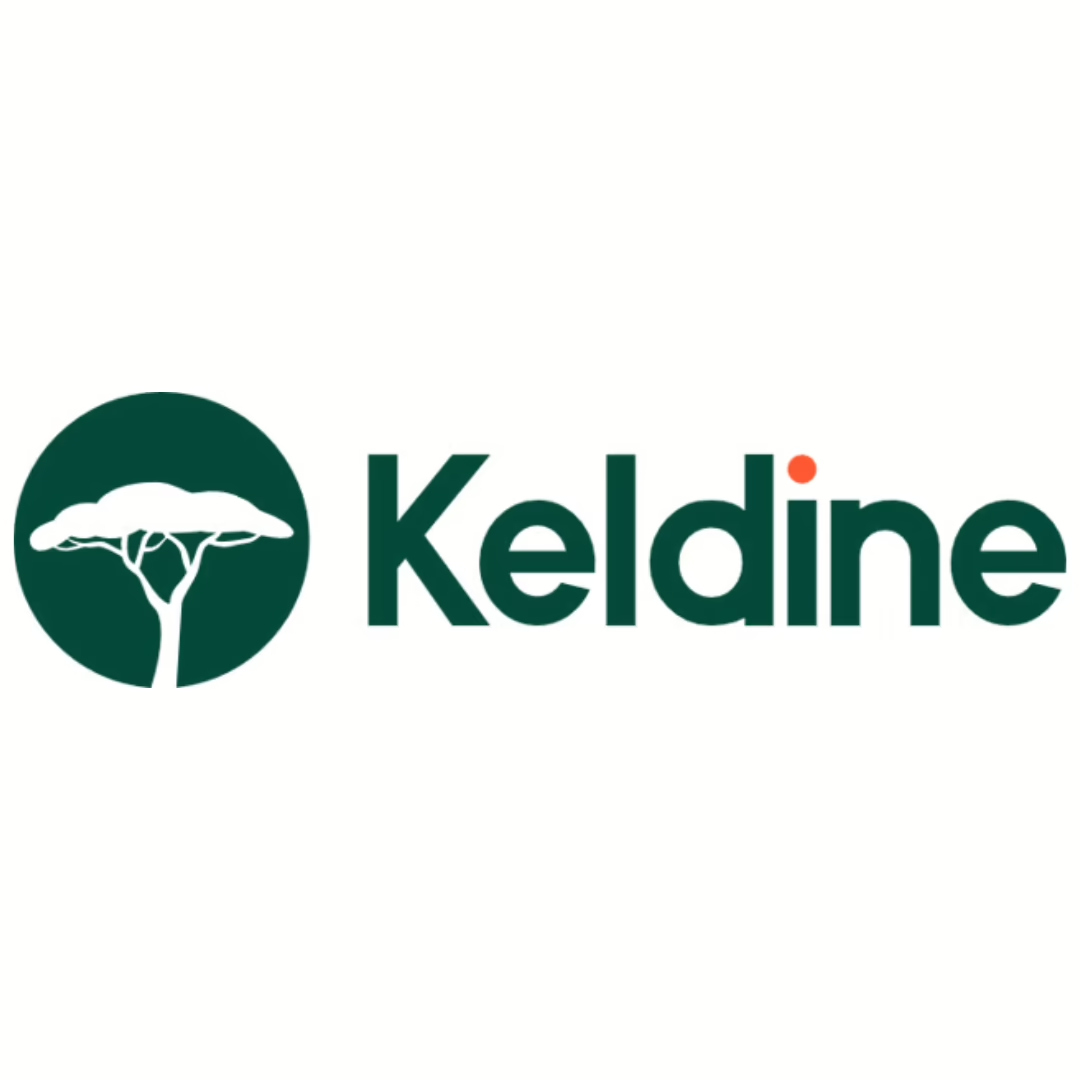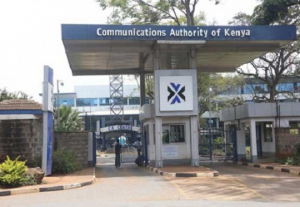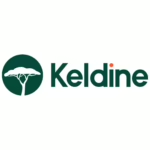AG Kihara Kariuki/ Facebook
NAIROBI, Kenya Mar 1-The government has unveiled fresh regulations aimed at making public the names, residential addresses and occupations of secret shareholders in companies seeking state tenders.
The regulations introduced by Attorney-General Kihara Kariuki require Public Procurement Regulatory Authority (PPRA) to reveal information on beneficial owners of firms that have secured tenders in State-backed entities.
The move promises to unmask rich and influential businessmen who choose to hide their identities behind trusts, foundations and law firms to avoid scrutiny.
“Beneficial ownership information maintained by the Public Procurement Regulatory Authority in the government portal in relation to entities that have been awarded a tender by the procurement entity as part of contract award shall be published and made publicly available,” says the Beneficial Ownership Information (Amendment) Regulations, 2022.
The move is aimed at dismantling cartels and public servants using proxy companies to leech off state tenders that have led to bid-rigging, backhand deals and inflation of contract prices.
The changes by Kariuki were made on previous regulations which required information on beneficial owners be made available to the Kenya Revenue Authority (KRA), security agencies including the Ethics and Anti-Corruption Commission (EACC) and the Financial Reporting Centre, which tracks illicit wealth.
Beneficial shareholders are investors who own more than a 10 percent stake in companies through secret accounts.
This is part of the government’s ongoing efforts to unmask shareholders of companies who secretly benefit from State deals through nominee accounts aimed at boosting transparency in public sector procurement.
Back in October 2020, the state started collecting personal data on beneficial owners, including names, KRA PINs, national IDs or passport copies, postal addresses, residential addresses, occupations and telephone numbers.
The 2020 regulations however barred companies from making public the personal details of the beneficial owners, only making the information open to KRA, security agencies and the Financial Reporting Centre, a move aimed at cracking down on money launderers, corrupt individuals and tax cheats.
Through the new regulations, this information will now be made public through a portal manned by PPRA for firms that have secured tenders in government and parastatals.
The new changes also allow ministries and State-owned companies to freely reveal the personal details of the beneficial owners who have secured tenders funded by taxpayers.
The move is aimed at exposing insider dealings and other potential conflicts of interest as well as revealing external parties who have been caught in fraudulent transactions in the past.
Before the rules on secret company records took effect, firms were expected to file a register of members, containing the date of share acquisition, share ownership and shareholder names, including nominees.
This allowed companies to withhold the names of controlling shareholders in a bid to conceal their true ownership.
The regulations now stipulate that companies should stop paying dividends, block share transfers, and end rights for board appointments as well as voting power to substantial investors who fail to provide their particulars for forwarding to the State.
The new regulations seek to curb insider trading through the use of nominee accounts that investors have been using to side-step ownership limits in firms listed at the Nairobi Securities Exchange(NSE).
According to the International Monetary Fund (IMF) disclosure of owners of companies that are awarded procurement contracts will help reduce the loss of public funds to graft.
The global lender has in the past demanded disclosure of secret owners in companies awarded procurement contracts as a tool for fighting graft.
Additionally, the proposed changes are part of the government’s efforts to meet stringent conditions set by the International Monetary Fund (IMF) in order for Kenya to receive a Sh263 billion loan from the global financial institution.


















